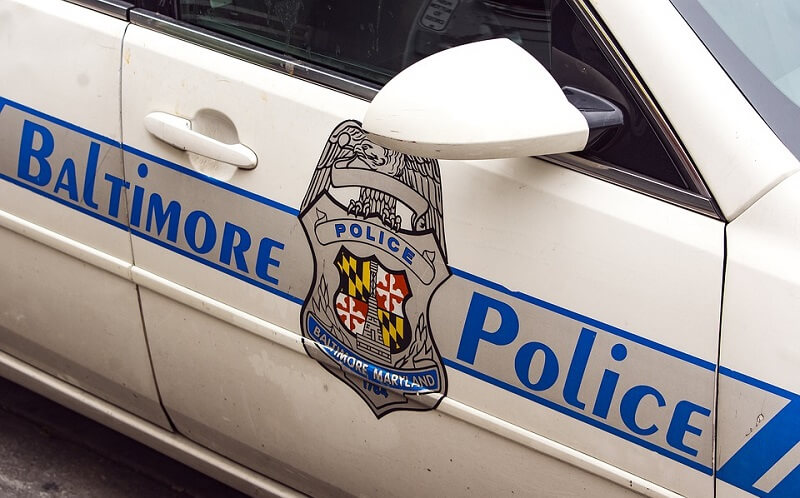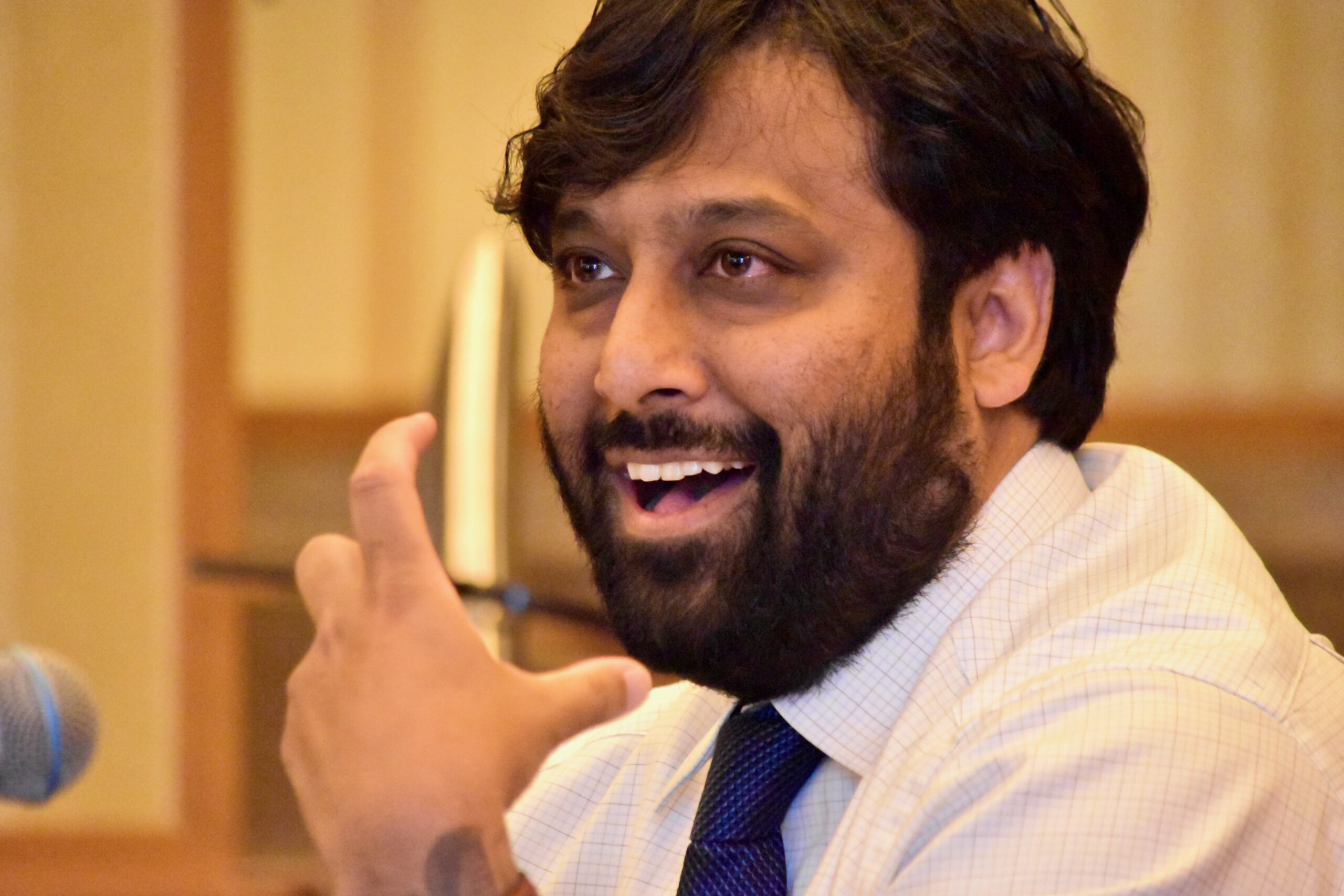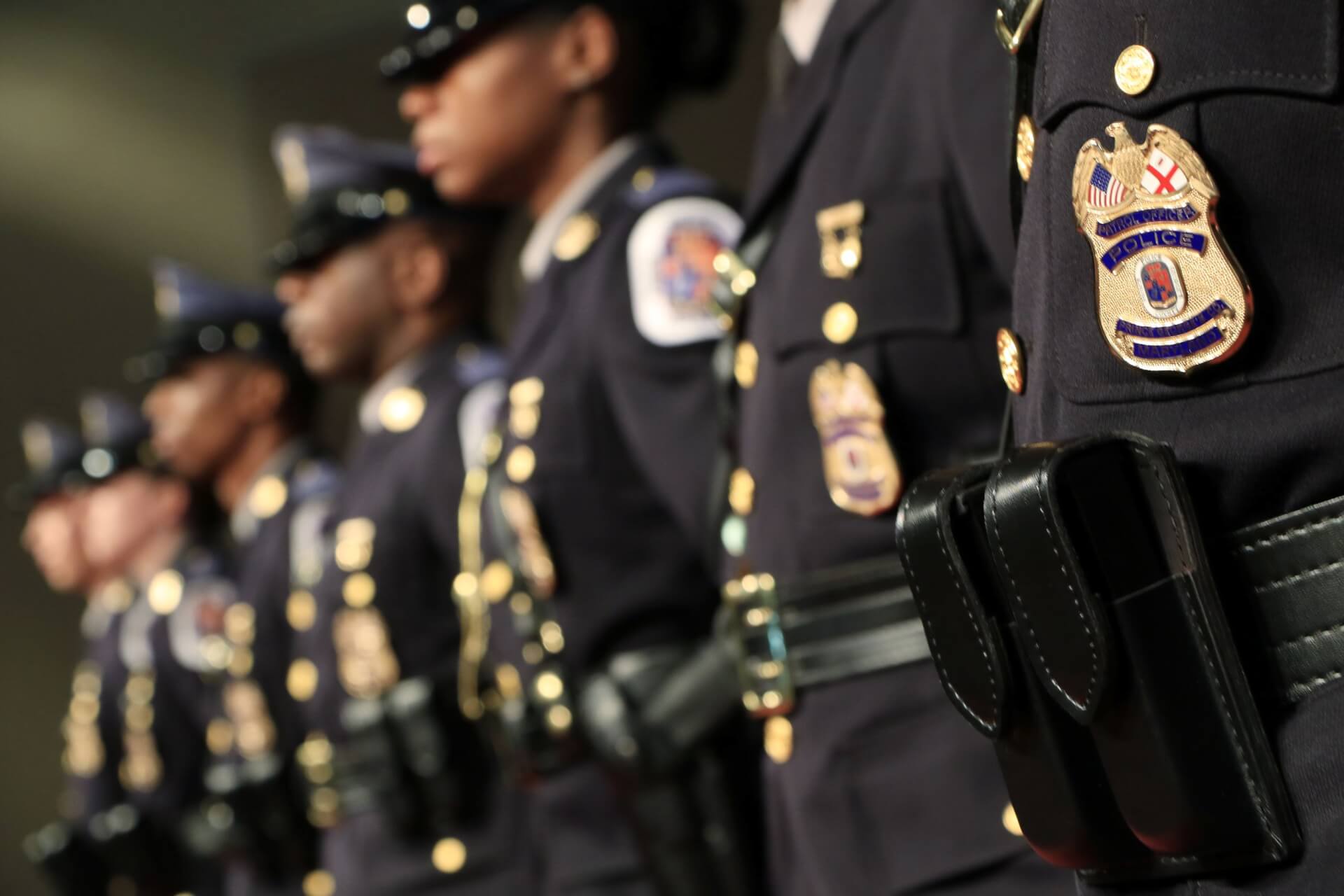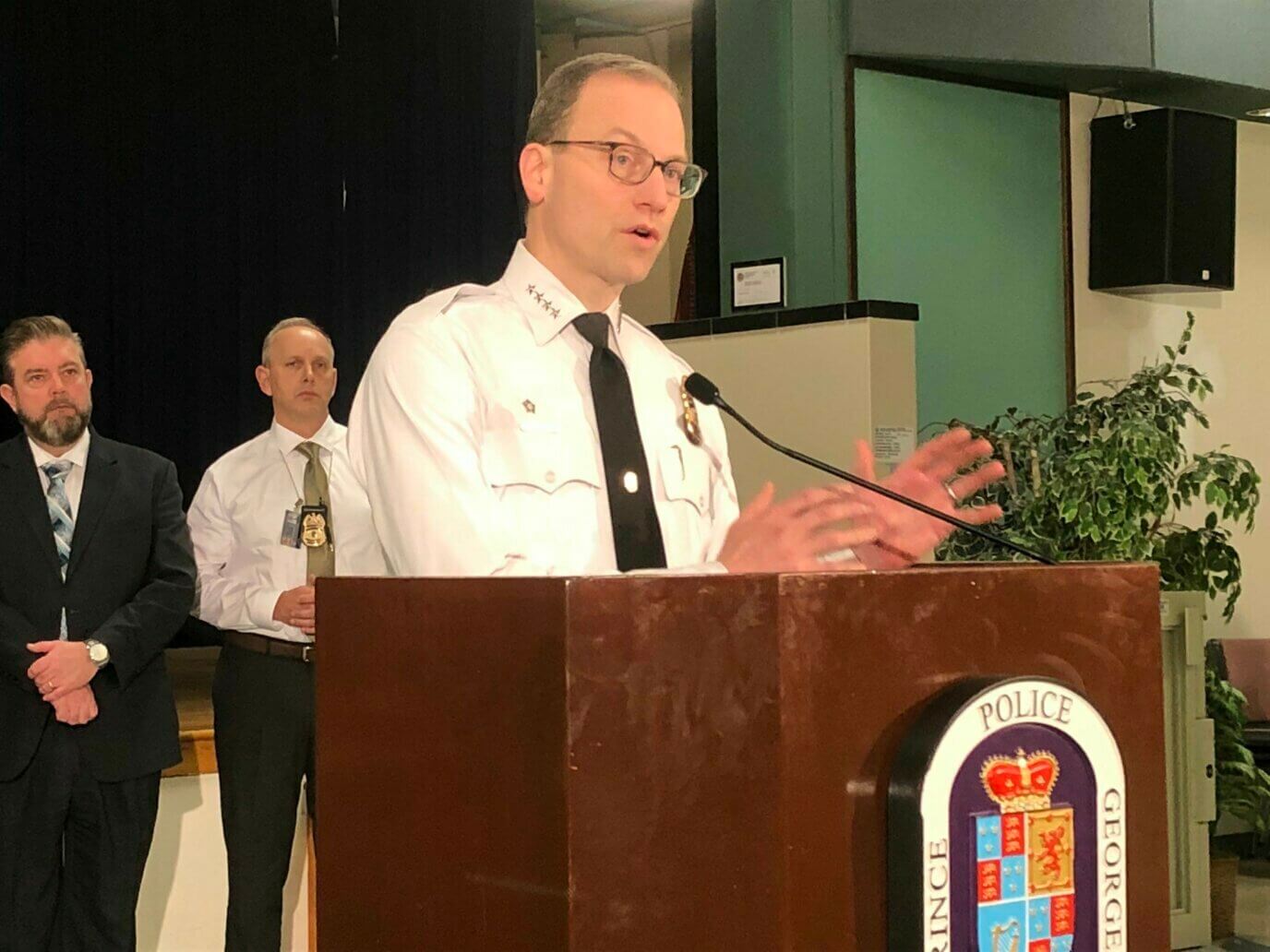
By Jonathan M. Smith and Deborah Jeon
Jonathan M. Smith ([email protected]) is executive director of the Washington Lawyers’ Committee for Civil Rights and Urban Affairs, and Deborah Jeon ( [email protected]) is legal director of the ACLU of Maryland.
If a Black man runs from the police when they pull into his neighborhood, is that evidence of guilt or a rational act of self-preservation? That is the question before the Maryland Court of Appeals in Washington v. State of Maryland. Given that Black people are killed at higher rates than white people, running from the police is an act of self-preservation.
On July 9, 2020, Tyrie Washington was standing in an alley with another person in Northwest Baltimore. Four officers were, according to their testimony, “riding around” to show their presence in a marked police car. As the car approached, Mr. Washington tried to run away and the officers ran after him. The officers testified that they did not see Mr. Washington engage in criminal activity. Without Mr. Washington’s decision to run from police in an area that the officer’s deemed to be “high crime,” there would be no basis to stop him. The police relied on a 22-year-old Supreme Court case that found, in the facts of that case, flight from officers in a high crime area were factors that could be considered to determine whether there was reasonable suspicion to engage in a stop.
The notion that flight means guilt is based on the faulty assumption that a Black man running from the police must have done something wrong. To reach that conclusion, one must ignore the fact that for people of color, particularly Black people, every police encounter, regardless of its origin or purpose, is dangerous and potentially life threatening. According to Mapping Police Violence, Black people are 2.9 times more likely to be killed by police than white people in the U.S.
While police violence and illegal arrests of Black people were as prevalent 22 years ago as they are today, and the innocent justifications to run just as legitimate, one thing has changed. Over the last decade cell phone, body worn camera, and other video recordings have demonstrated what Black people know too well — that every police encounter can be dangerous and there are many good reasons that a Black man might want to avoid them.
The high-profile killings of Eric Garner, Tamir Rice, Walter Scott, Alton Sterling, Philando Castile, George Floyd, Jonathan Tubby, and Adam Toledo, and so many in Maryland, too, like Freddie Gray, Anton Black, and Tyrone West, are seared into the minds and memories of Black Americans. According to the National Academy of Sciences, a Black man has a one-in-a-thousand chance of being killed by police. Each encounter, thus, increases the risk of tragedy. These killings create legitimate fear. How couldn’t they? More than three fourths of Black people worry “a lot” about police brutality, compared to fewer than 7% of whites.
Fear of harm is especially warranted in Baltimore. The Department of Justice found in its investigation of the Baltimore Police Department that officers “targeted policing of certain Baltimore neighborhoods with minimal oversight or accountability disproportionately harms African-American residents” and “overly aggressive tactics that unnecessarily escalate encounters, increase tensions, and lead to unnecessary force, and fail to de-escalate encounters when it would be reasonable to do so.” Importantly, foot pursuits of individuals who were not suspected of violent crime were found by the DOJ investigation to be unreasonable.
The use of flight as an indicator of guilt is particularly troubling in those cases, like Mr. Washington’s, where the officers were not investigating a crime, they did not suspect Mr. Washington of any wrong doing, and the only justification for the stop was his effort to avoid encountering the police. It is a classic Catch-22 — the only basis to justify being stopped is your desire to avoid a police encounter. The fact that a gun was found in Mr. Washington’s possession after the fact is no justification. It cannot be that unlawful conduct by police becomes lawful if contraband is found.
The idea that running from the police is just as likely a rational act of self-protection as an indication of guilt is already recognized in the policies of the Baltimore Police Department. That policy prohibits officers from chasing a person “based solely on a person’s response to the presence of police, including a person’s attempt to avoid contact with a member (e.g., walking away, declining to talk, running away, or crossing the street to avoid contact).”
The policy goes on to note: “People may avoid contact with a member for many reasons other than involvement in criminal activity.” Pursuit is permitted only when, in a “high crime” area a person flees and “there is an articulable reason to believe the person is running because they are involved in the type of criminal activity prevalent in that location” independent of the flight itself.
It is time for the law to catch up to the reality of the experience of many Black people with police. The Court of Appeals must recognize the fact that fear of police and efforts to avoid encounters are not only justified, but often the most rational decision.




 Creative Commons Attribution
Creative Commons Attribution